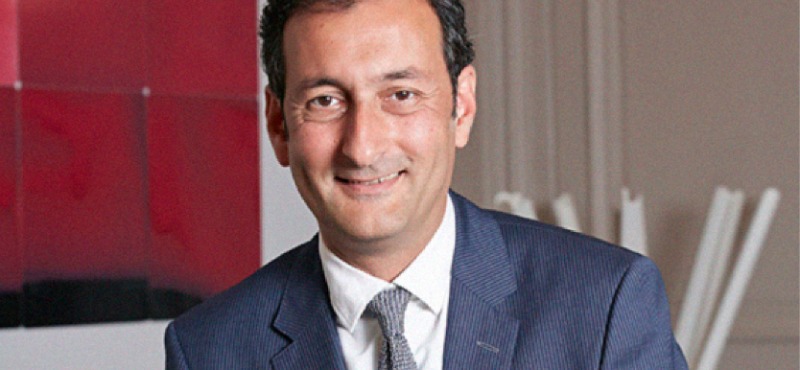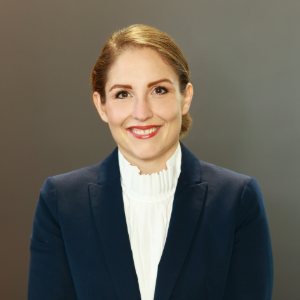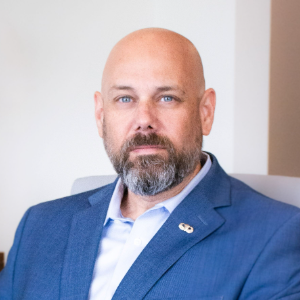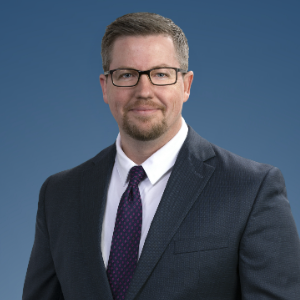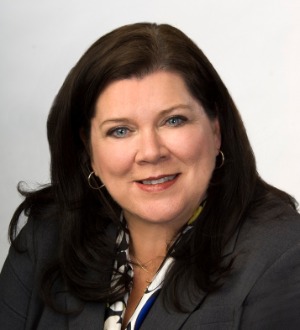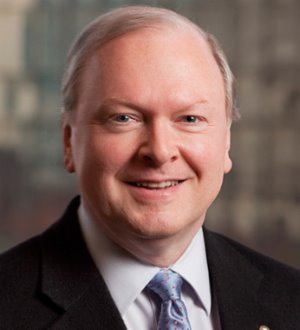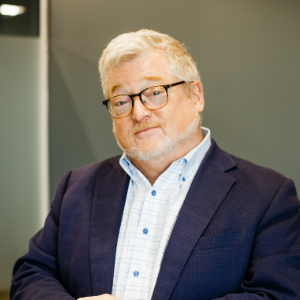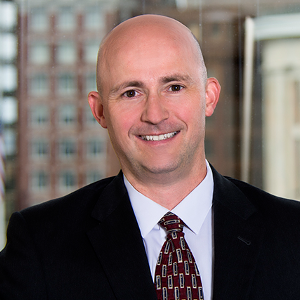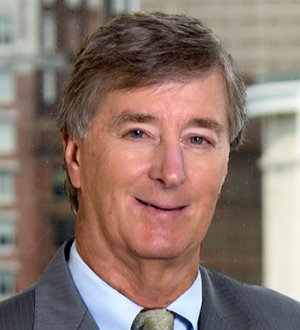A Q&A with Cabinet D'Avocats Vigo’s Emmanuel Daoud, 2018 “Lawyer of the Year” in Paris, France for Criminal Defense.
How did you get into criminal defense?
It was a deliberate choice: at university, I chose a Master of “Judicial Career,” where criminal law was studied extensively. At the time, I was hoping to be hired by a criminal law firm – or at least a law firm that had an important activity in criminal matters. I was lucky enough to be recruited by the former Paris Bar President Jean-René Farthouat. One of his partners was the former Paris Bar President Mario Stasi. Both were considered to be “tenors” of the French Bar. After working for Jean-René Farthouat, I started to work for Mario Stasi, whose activity was mainly in criminal matters. I therefore very naturally and gradually specialized in criminal law and criminal business law.
Were there any particular inspirations (people or events) that spurred your interest?
Since high school, I was struck by the injustice of the treatment of foreigners in our country, by police services but also by French justice. Such feelings of injustice led me to study our judicial system and to consider that criminal law could enable a lawyer to act as a defender of individual liberties.
In my 20s, I had the chance to attend, as a spectator, a trial before the Assize Court in which Jean-Louis Pelletier and Lef Forster, two lawyers also considered “tenors,” were intervening for the defense. I was highly impressed by this trial, especially their closing arguments, which contained gravity and emotion. It made me want to enter the profession, hoping to plea one day before an Assize Court, as I did later during my professional career.
Who are your typical clients?
My clients are legal persons (multinational companies, listed or non-listed companies, integrated or non-integrated, acting in all sectors of French economy). Defending legal persons does not mean only doing banking criminal law or stock market-related criminal law. It also implies that we defend their organizations and representatives (directors, employees), in cases where their personal liability is questioned, with a dramatic impact on their personal life, their reputation, etc.
Very often, people deem criminal law to be tougher than criminal business law. I don’t agree; I believe that practicing criminal business law implies facing specific difficulties, in particular, the high technicity of cases. Also, the stakes are substantial: when defending the reputation of a listed company in a criminal business law case, the impact of the criminal proceedings on the valorization plan (and therefore on the fate of employees and stakeholders) can be dramatic.
What is your ultimate goal in your practice?
The ultimate goal in my practice is to defend effectively the legal and natural persons’ interests that I am entrusted with.
It implies analyzing the case and its balance of power to give the most useful advice to clients. Sometimes, it's pointless to develop a delaying strategy when we know that in the end, the client will be condemned. An effective defense also means that the criminal lawyer must master criminal procedural law, because it warrants the protection of the litigants’ rights.
Describe one of your most interesting or memorable cases.
Two closed cases come to my mind, for several reasons:
First, the contaminated blood case, because it is the first major case of criminal law applied to public health. Mario Stasi and I defended the head of the pharmaceutical company involved. In this case, we could feel the tremendous distress of the victims but also the manipulation of such distress by some actors of the proceedings, as well as the difficulty to conduct peacefully a judicial procedure when it is highly-publicized. For the young lawyer that I was, it allowed me to understand very quickly the importance to take into account media coverage in the defense strategy, and the need to anticipate as much as possible media fallout.
The second case that comes to my mind is the trial of “the huts” – I was, together with Paul Lombard and Olivier Baratelli, defending Colonel Henri Mazeres, in a case considered as a matter of State.
As often said, some cases reveal a lawyer. This trial and the defense of Colonel Mazares allowed me to be identified by my peers and by some media as a serious and reliable criminal lawyer. This case greatly accelerated my career.
What qualities do you possess that you find particularly relevant/necessary for practicing criminal defense?
The most important qualities are intellectual curiosity and an eagerness to learn. Criminal business law leads to handling cases in a wide range of activity sectors, sometimes very technical. We, therefore, have to listen to our clients and try to master, with their help and sometimes the assistance of experts, complex issues in the industrial, health or financial sector, etc.
But above all, regardless of the area of practice, lawyers have to be courageous, independent, hard-working, and respectful of professional ethics (in particular to avoid conflicts of interest).
What lessons have you learned along the way?
The first lesson I have learned is the lesson of humility and the importance of taking nothing for granted because it only takes one case badly handled to tarnish one’s reputation and undermine a client's trust.
The second lesson is that we, as lawyers, can only be effective and convincing if we are passionate and determined. We must champion the cases we handle. It is important not give the impression of haggling, or act as if all the cases, all the clients, were alike. Encountering a litigant is something unique; lawyers must understand how important the case is for the client and react adequately, being attentive to the client’s anxiety and fear.
The third lesson is that a professional career cannot rely on compromise, docility, complacency regarding the powerful, the judges, etc. As said before, courage and independence are essential. It is necessary to take the risk to displease, to upset others in order to defend the interests of our clients.
